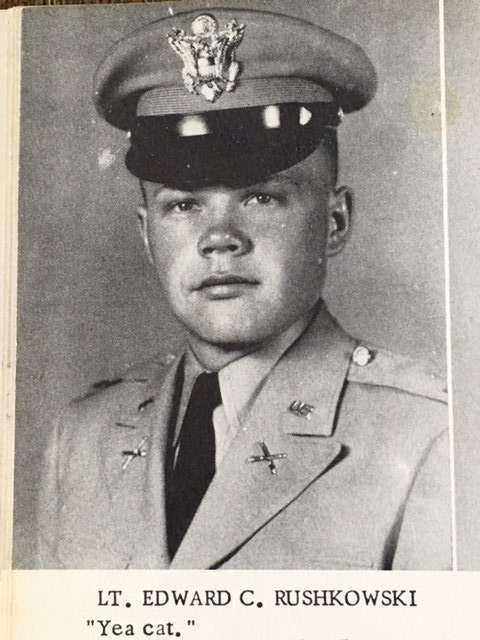
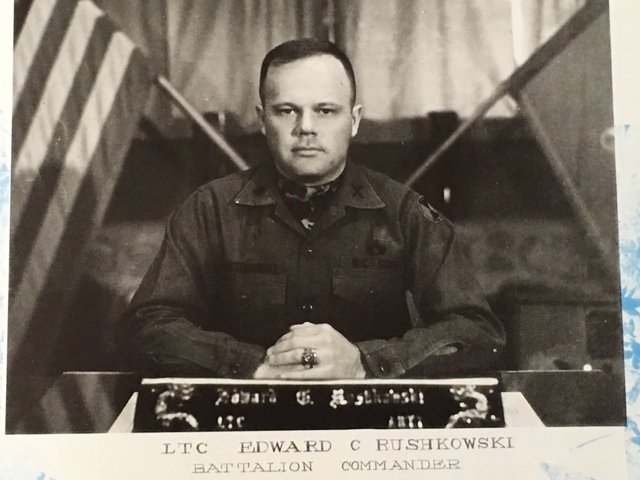
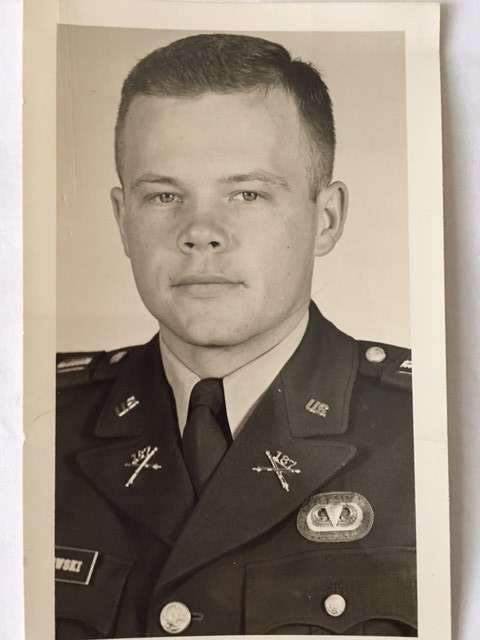
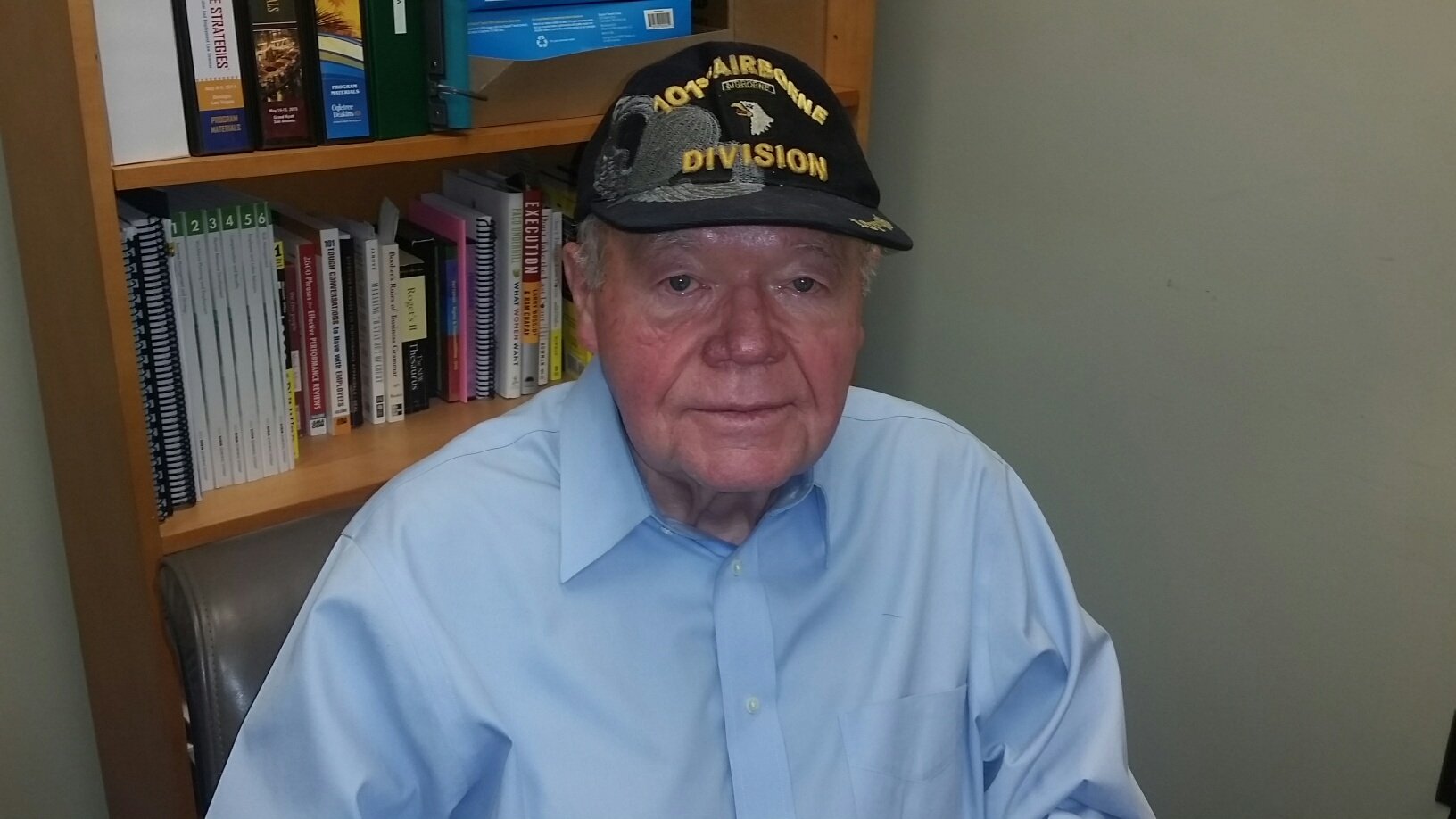
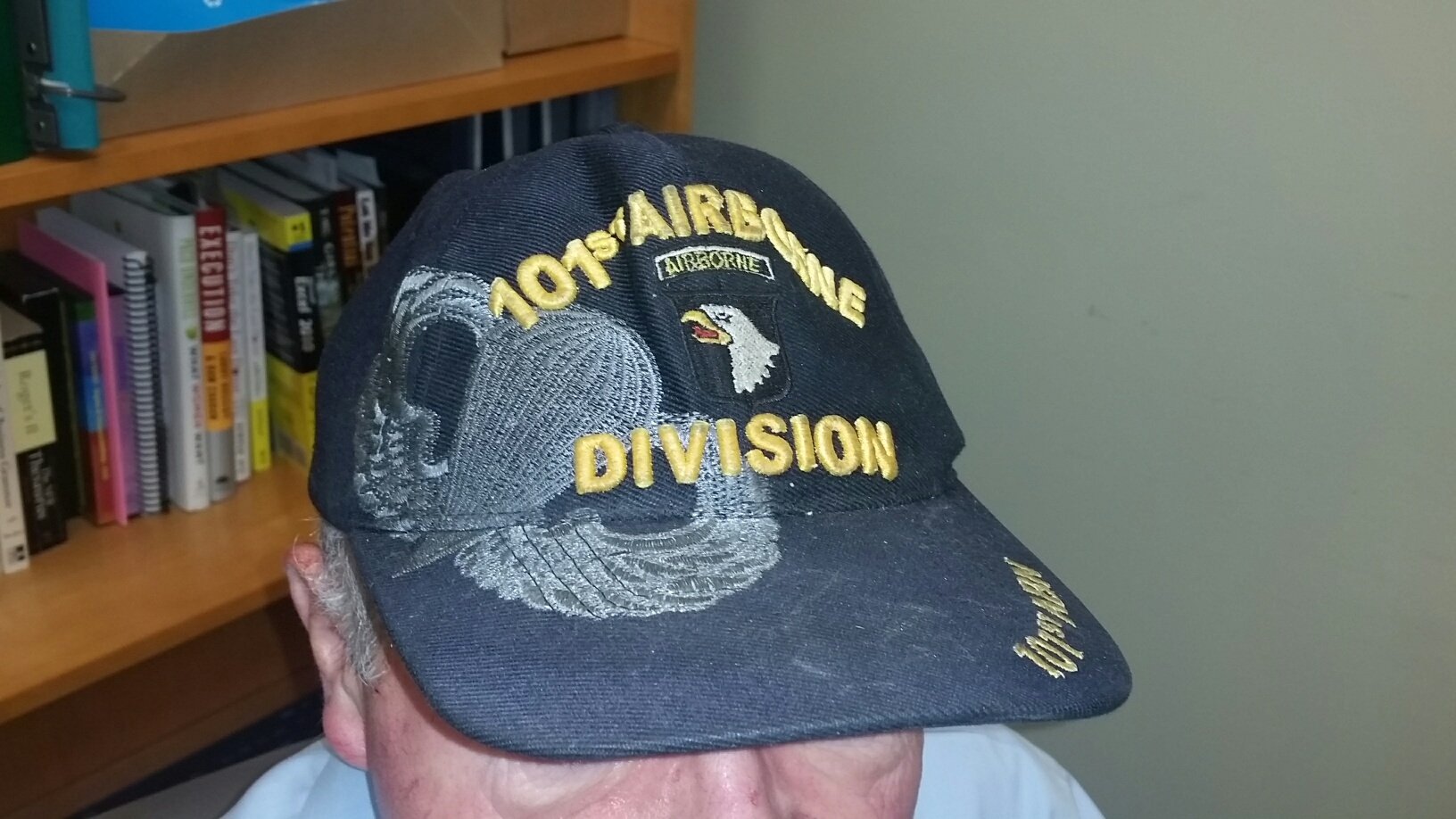
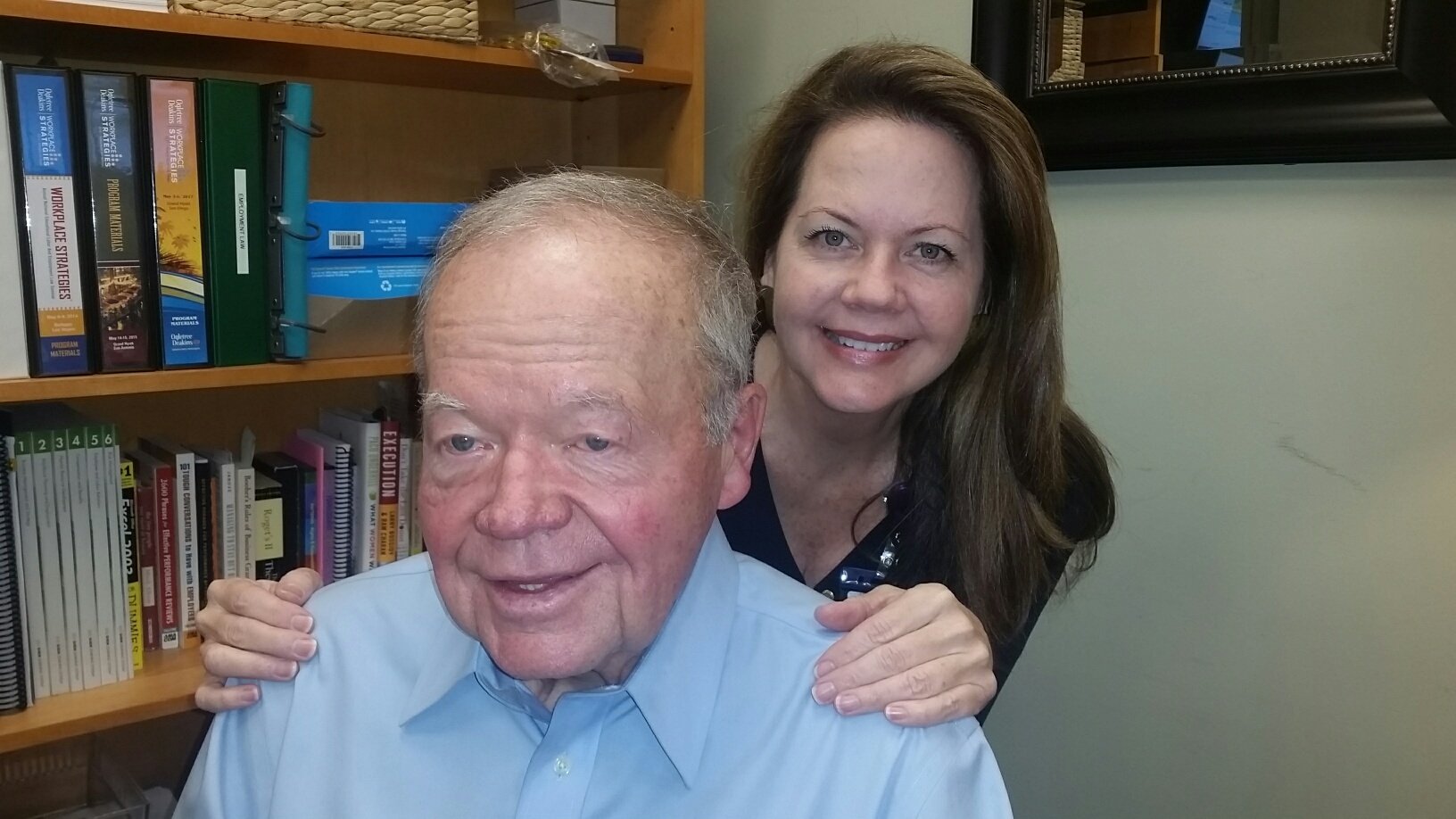
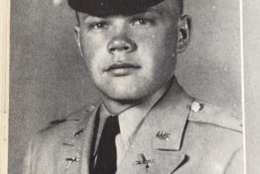
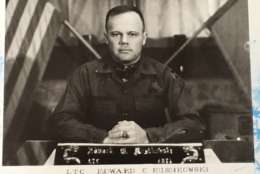
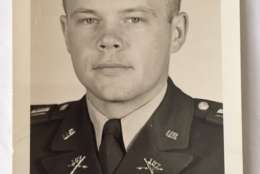
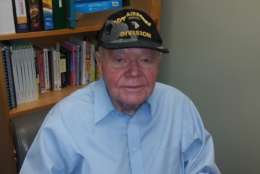
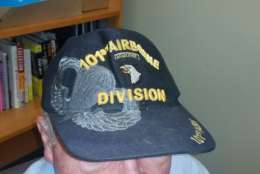
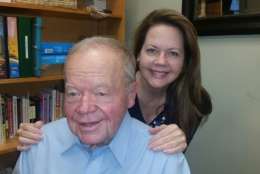
WASHINGTON — Memorial Day is a solemn day to remember the fallen — those who gave their lives for our freedom. But for one soldier, Memorial Day is also about remembering the families that are left behind after the loss of their loved one.
Col. Ed Rushkowski, father of WTOP’s own Sue Rushkowski, retired after nearly 30 years of military service and was with the Army Airborne 101st for a good part of that time.
He was only 19 years old when he was drafted in May 1953 — mere months before the end of the Korean War.
Then, in 1965, after a tour of duty in Vietnam and now an Army major, part of his job was to knock on doors.
He was assigned to the Boston, Massachusetts area.
“One of the things that I was required to do when I came back was what’s called survivor assistance officer,” Rushkowski said.
He was the one dressed in uniform knocking on doors and delivering devastating news to families that their loved one had died or was missing in action.
“That’s something people live with forever,” Rushkowski said.
Rushkowski said once you are notified that a soldier is KIA (killed in action), you have to find the family as quickly as possible.
“You can’t call them on the telephone. You have to knock on doors.”
He said it has to be eyeball-to-eyeball.
He remembers having to track down a young wife.
It was nightfall when he finally knocked on her door to tell her that her husband — an Army lieutenant who had been in Vietnam less than a year — was dead.
“The wife comes to the door and she looks at me and slams the door right in my face and screams to her father,” Rushkowski said.
The next part of his job was to help the families receive the remains from Vietnam and make arrangements with them on burial plans.
He remembers the young wife having to identify her husband’s remains.
“Which is not easy,” he said.
Then the mother had to identify the remains.
“As the mother comes in, she screams out, ‘That’s not my son. That’s not him.’ He obviously he didn’t look too good but she didn’t expect to see him like that. That’s another bang on the head for everybody.”
He said for him, Memorial Day is about “the hard shock, and then living with that the rest of your life.”
He said he remembers a mother who was so devastated that, no matter what, she wanted to see her son who had been killed.
But he said there are some remains that come back you just can’t look at.
She insisted they open the coffin.
“We said we couldn’t do it and I had to explain to her that her son was in pieces but she still wanted to see it. So that was sort of my duty,” Rushkowski said.
And on this Memorial Day, he’s thinking about a missionary friend he tragically lost in Vietnam whose wife was about to give birth. That baby girl, who is now in her 50s, wants to meet Rushkowski — the man who was close to her father.
He said her mother never talked about her father and about how he died.
Rushkowski said that while in Vietnam when, he was off-duty, he taught Bible studies in Da Nang. That’s when he grew very close to the missionary family — the husband and wife.
The wife at the time was running an orphanage and the husband helped.
Rushkowski was so important to the couple that they wanted to name the baby’s middle name after him — Ed if it was a boy and Edwina if it was a girl.
Sadly, the husband was killed while driving to meet a man north of Da Nang who was going to help get a food program started for the orphanage. It was a contact of Rushkowski’s.
The missionary and Rushkowski were supposed to fly together but there was only one seat available on an airplane. So the husband decided that Rushkowski should take the plane and he’d drive and meet him up there.
During the conversation, the wife said to her husband, “I don’t feel good about this, OK. I don’t feel good about this.”
Rushkowski said all these years later, his death is still hard to accept. But he said he’s getting closer to meeting the daughter whose middle name is Edwina. A middle name that was given to the child in Rushkowski’s honor.
For Rushkowski, the meaning of Memorial Day is two things: “the nasty part of it, knocking on doors, and the other part is the memories that stick with you.”
Memories that are forever a part of you.






